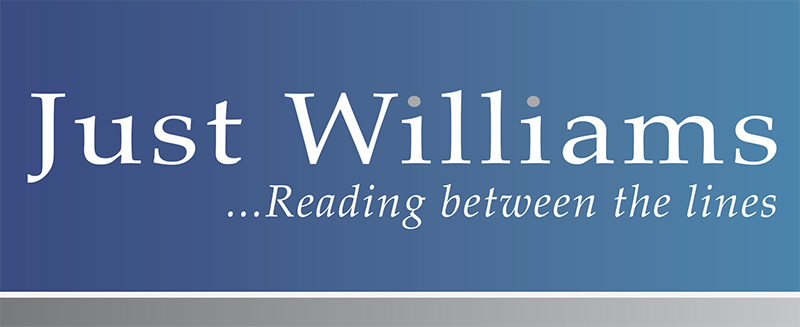
The Nobel Memorial Prize winning economist Milton Friedman noted that “only the government can take perfectly good paper and perfectly good ink and render the combination completely useless”. He was, of course, referring to the dangers of inflation, once governments lose control of it.
Inflation is a problem that hasn’t troubled the scorer for years and Friedman’s free market leanings have become fashionably unpopular but I have a feeling he’s about to be proven correct on a few things. Upon his death in 2006, The Guardian commented that Friedman’s career as a policy maker largely ended in failure. Well, if it did, he understood markets far better than an organisation offering its content online for free while simultaneously begging for contributions. Anyway, I digress.
In the US, the consumer prices index posted a 5% uplift in the 12 months to May, up from 4.2% the previous month and the highest increase since August 2008. In January, it was 1.4%. In the UK, consumer price inflation jumped to 2.1% in May having registered 1.6% in April. Now, some of this must be related to supply bottlenecks as economies open up again. There has also been a Covid related artificial suppression of demand, so put the two together and rising prices are not particularly surprising. However, would the prudent not be on their guard? Not from where I’m sitting.
Central banks and their governors offer soothing words that all this is temporary but how good is the track record of these folks? How many of them predicted the 2008 financial crisis? They are the guardians of the system with data coming out of their ears but they were all asleep at the wheel. Part of the problem is that they all think and say the same. They have to, otherwise they don’t get the gig in the first place; they know the need to stay ‘on message’ by not frightening the horses. In many ways, they have become politicians ….. which is what really concerns us.
In antiquity (say, pre 1995), central bankers were expected to make tough decisions. Those of us old enough to remember how former Federal Reserve Chairman (1978-1987), Paul Volcker, tamed US inflation, immediately recognise an individual who understood what his job was. He wasn’t expected to be popular, he was expected to be good. He wasn’t expected to be optimistic, he was expected to be realistic. Nowadays, central banking comes with a hefty dose of PR. It’s no surprise the Bank of England’s Monetary Policy Committee kept base rates at 0.1% despite expecting inflation to breach 3% before the end of the year. Rates will remain at 0.1% (a 300 year low) until the ‘economic outlook is more certain’. Well, good central banking isn’t about certainty, it’s about nous and judgement. This lot would be perched on the stern of the Titanic because they weren’t certain it was going to sink.
Across the pond, a senior White House economic adviser, Professor Cecilia Rouse, played down President Biden’s latest $1.9 trillion stimulus programme as being a cause of inflation. They are now on their third round of sending ‘stimulus’ cheques to individuals earning up to $75,000 (£54,000) p.a. (married couples get double). What’s next; buckets of dollars on street corners? Rouse described the US recovery from the pandemic as “spectacular. We see evidence of a big economy being knit back together …. data suggests we will get through this”. To quote Alan Partridge, “that sounds disconcertingly vague”. If Rouse told you the cheque was in the post (pun intended) would you believe her?
The truth is that economic conditions post 2008 have never been allowed to normalise. We now inhabit a world of endless money printing, stimulus, QE, deficits and debt. Western style economies have become hollowed out husks, dependent upon consumption where the price of money is falsified and aggregate demand maintained via the printing press. The policy makers responsible for this mess prove Abraham Maslow correct that “to the man with a hammer, everything looks like a nail”. If they’ve missed every opportunity thus far to demonstrate any understanding of free market economies, they’re highly unlikely to change tack now. I’ll leave the last word to Friedman; “nothing is so permanent as a temporary government programme”.

